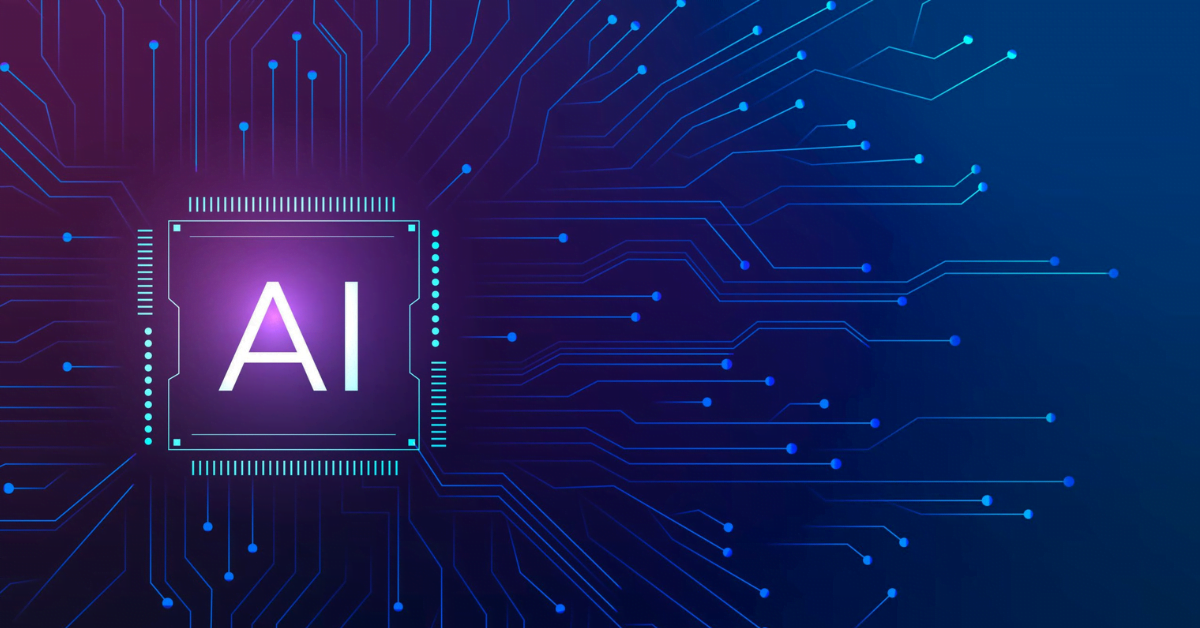Artificial Intelligence (AI) has made remarkable advancements in recent years, revolutionizing various aspects of our lives. From enhancing productivity to improving healthcare, AI’s applications seem boundless. However, as with any powerful technology, there exists a dark side to AI’s capabilities. One concerning aspect is the potential for AI to be employed for social manipulation, raising ethical questions and concerns. In this article, we will explore the risks and ramifications of AI-driven social manipulation and discuss the urgent need for responsible AI deployment.
Potential of AI Social Manipulation
Social manipulation involves the use of psychological techniques to influence individuals or groups, typically with the intention of achieving a particular outcome. AI’s proficiency in processing vast amounts of data, recognizing patterns, and predicting behavior makes it a potent tool for social manipulation. Machine learning algorithms can analyze user preferences, emotions, and vulnerabilities to tailor content and messages, thereby maximizing their impact.
Social Media and AI
Social media platforms have become integral to modern life, serving as information hubs and communication channels. AI algorithms drive these platforms, curating content to keep users engaged. However, this can lead to echo chambers, where users are exposed to information that reinforces their existing beliefs, isolating them from diverse perspectives. This manipulation of content can exacerbate societal divisions and spread misinformation.
Potential of AI Generated Content
AI-generated content, such as deepfakes and text-based content, poses additional challenges. Deepfakes can convincingly alter videos to show individuals saying or doing things they never did. Similarly, AI-generated texts can be used to produce fake news, propaganda, or malicious content, further misleading and deceiving the public.
Political Influence
The potential of AI to be harnessed for political manipulation is a pressing concern. During elections and political campaigns, AI-powered algorithms can target specific demographics with tailored messages to sway opinions and influence voting behavior. Such tactics could undermine the democratic process and erode public trust in institutions.

Ethical Implications
The use of AI for social manipulation raises profound ethical concerns. Informed consent becomes a challenge when users are unaware that AI is shaping their online experiences. Additionally, AI could exploit individuals’ psychological vulnerabilities, leading to unintended emotional harm or psychological distress. Maintaining individual autonomy and ensuring fairness in AI-driven social manipulation is vital to preserve personal freedom and democratic values.
Mitigating the Risks
To harness potential of AI for good while mitigating social manipulation risks, several steps need to be taken:
- Transparency and Accountability: Tech companies must be transparent about their AI algorithms’ functioning and disclose any potential manipulative strategies. Furthermore, they must be held accountable for the content disseminated on their platforms.
- Ethical AI Development: Ethical considerations should be an integral part of AI development. Researchers and engineers must prioritize designing AI systems that respect individual privacy, promote diversity, and prioritize societal well-being.
- Fact-Checking and Verification: Encouraging critical thinking and promoting fact-checking mechanisms can help individuals identify misinformation and prevent its spread.
- Regulation and Governance: Governments and policymakers must collaborate with tech companies to establish comprehensive regulations that address AI’s potential for social manipulation while safeguarding free speech rights.
AI’s capabilities are awe-inspiring, but they come with immense responsibility. The potential of AI to be used for social manipulation demands urgent action from all stakeholders, including tech companies, governments, and individuals. By promoting transparency, prioritizing ethical AI development, and establishing robust regulatory framework, we can harness AI’s power to benefit society while mitigating the risks of social manipulation. This approach will lead us toward a future where AI is a force for good and not a tool for deception.
Read This Now – The Ethical Implications of Using AI to Create Deepfake


Hi sparerun.com admin, Your posts are always well-formatted and easy to read.